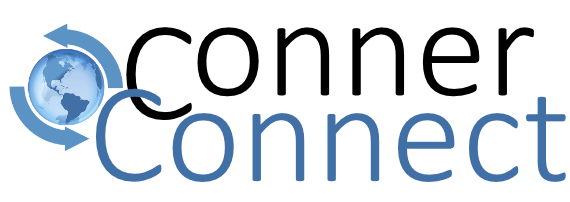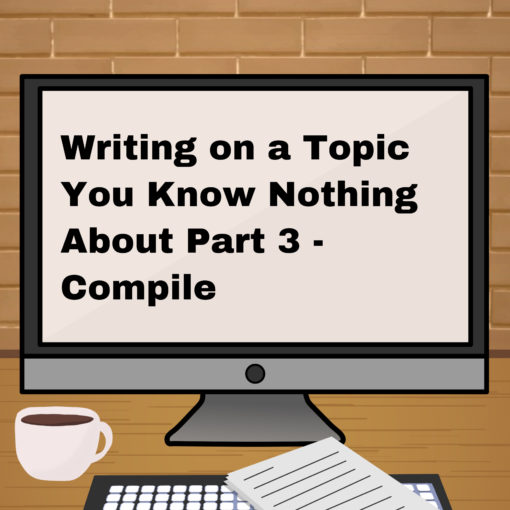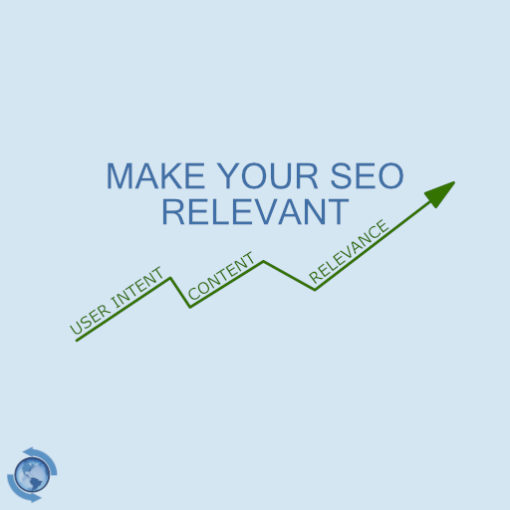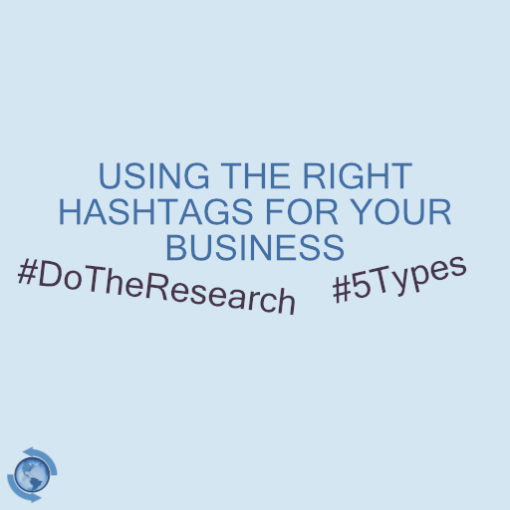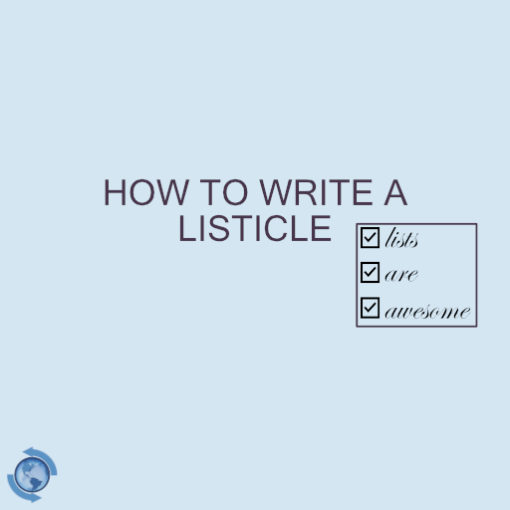How to Use Links Effectively
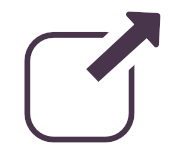 Using links effectively when writing articles or blog posts can be challenging. Finding perfectly matched content can be difficult (everyone has their own spin on things). Some articles may not be as relevant to your topic as you think. While working to write interesting and useable content for your audience, considering the search intent of your users will help you determine what types of articles to link to. We’ve come up with four things we aim to do when deciding what we should (or shouldn’t) link to in our articles.
Using links effectively when writing articles or blog posts can be challenging. Finding perfectly matched content can be difficult (everyone has their own spin on things). Some articles may not be as relevant to your topic as you think. While working to write interesting and useable content for your audience, considering the search intent of your users will help you determine what types of articles to link to. We’ve come up with four things we aim to do when deciding what we should (or shouldn’t) link to in our articles.
Determine Link Content & Relevance
Including links within your online content is important. However, including links to irrelevant content can undermine all the hard work put in. To use link effectively, making sure the articles or posts you want to link to have content that is not only on topic, but also relevant. Link relevance can make a big difference.
For example, if you’re writing on training chihuahuas, you may want to link to a website all about chihuahuas. While both your writing and a site about chihuahuas have the same generalized topic (chihuahuas), a site all about them may not be the most relevant thing to link to. A more appropriate article to link to would be one about how training worked for my chihuahua, or chihuahua training tips and tricks.
Linking to articles that are truly relevant to your topic and content makes using links much more effective.
Source Authority
Source authority refers to the credibility of the author of the source. When determining what content to use as external links, source authority could help you decide between two possibilities. Think about writing a paper for school – your works cited page should be filled with knowledgeable and authoritative sources. Same goes for online articles and blog posts. When writing articles for this blog, we aim to use sources with some sort of authority on the topic.
Everything we write is from our own experience, and we continue learning all the time. While we try to give great information, giving our readers even more resources on the topics is helpful for everyone.
Don’t ask your audience to read something you haven’t
One of the most important things to do is to actually read each article you’re considering referencing. It doesn’t make sense to send your audience somewhere else if you haven’t read that something else. It’s impossible to tell if an article is relevant to your content if you don’t take the time to read the entire thing. Check out the links being used by others on your same topic. Take the time to make sure you’re giving your readers good information.
Check Dates
There is an insane amount of content online. As things like SEO, monthly search volume, and sharing on social media constantly evolve, the dates of sources become more important. For example, in an article or post about the current state of the airline industry, it’s probably better to externally link to a recent article instead of one from 1985.
Things progress rapidly, especially in the tech world. Checking dates is just another way to make sure you’re handing your audience truly relevant content. Relevant for today, not a month or a year ago.
Granted, there are times when dates may not matter. Articles discussing historical information, articles about things that haven’t changed much, etc. But if the topic is about current tech or information, always check dates of possible external links.
Benefits of Using Links Effectively
Linking to relevant and useful content within articles definitely has its benefits. One of the major benefits, and a pretty easy one to measure, is repeat website traffic. Giving users what they want and need makes them want to return for more. If users know they can come to your site and not only get the articles you’ve written, but also see the research you’ve done and other articles on the content, they will come back.
WANT TO LEARN ABOUT MAKING YOUR CONTENT MORE EFFECTIVE?
